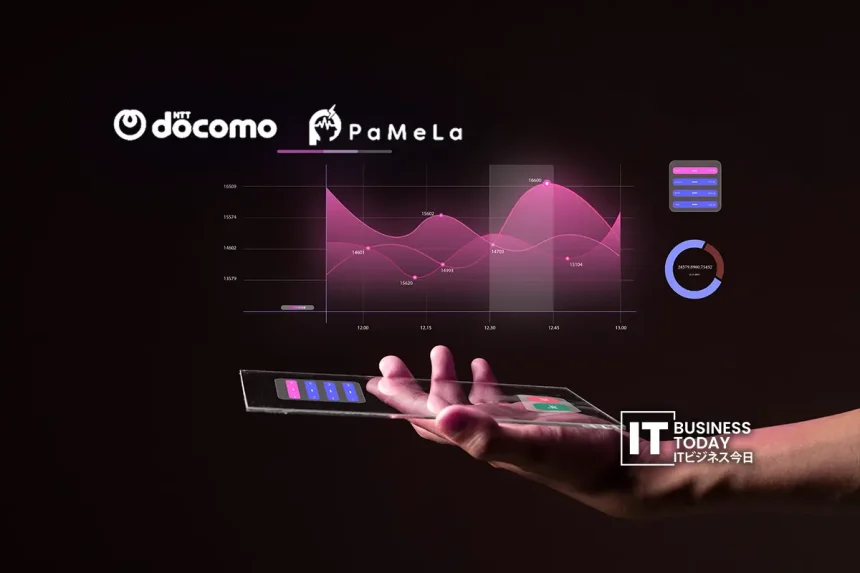NTT DOCOMO and PaMeLa Inc. They announced a game-changing technology. It blends DOCOMO’s human-augmentation platform with PaMeLa’s brain-wave (EEG) pain-measurement tech. This teamwork marks a big step in human-augmentation tech. It allows us to share pain perception, matched to each person’s sensitivity. The technology accurately measures how different people feel pain. This way, it tailors pain perception to match each person’s unique experience.
People with high pain tolerance react differently to pain signals compared to those who feel pain more intensely. This breakthrough is important. It opens doors for better empathy and understanding in healthcare and education. The technology offers a clear and tailored view of pain. It could change how we connect with others and meet their needs. This marks a significant milestone as the world’s first technology enabling pain sharing based on individual perception.
Implications for Japan’s Technology Industry
Japan is at the forefront of human-augmentation technology. Its latest breakthrough is a major advancement. The country is committed to advancing artificial intelligence and EEG innovations, which drives progress. Japan sets a global standard by merging advanced technologies. This leads to customized healthcare solutions and engaging experiences that change how users interact.
Also Read: Lazuli Rolls Out Unified Customer and Product Data Tool
A big telecom company and a creative startup are teaming up. This highlights the strong potential of partnerships between big industries and agile tech companies. This partnership fuels innovation and shapes the future. They pool their resources, skills, and creativity. This teamwork leads to amazing advancements that change lives and industries.
Impact on Businesses Operating in Japan
Businesses in Japan’s tech industry must seize this innovation to thrive. They will improve their products and services using this technology. This is key in healthcare, entertainment, and customer service. They need to adapt and invest in new technologies to stay competitive.
Strategic Collaborations and National Initiatives
Businesses in Japan’s tech industry are facing a double-edged sword with this innovation. It gives a chance to change their products and services. This is true in healthcare, entertainment, and customer service. Medical professionals can use this technology to monitor patients’ vital signs from afar. This helps with early intervention and better care.
To stay ahead, companies must invest in new tools. This helps create innovative experiences. The fast pace of technology demands adaptability. Brands that don’t evolve face stagnation or extinction. Kodak is a clear example. It failed to switch to digital cameras and suffered for it. In today’s fast-changing tech world, being agile and thinking ahead are key to success.
Conclusion
NTT DOCOMO and PaMeLa’s new tech is a big leap in human-augmentation and personalized healthcare. It changes how we feel and deal with pain. This new tool lets people share and compare their pain perceptions. It could change many industries for the better.
Doctors use this technology for accurate diagnoses in healthcare. It makes treatment plans just for each patient’s pain level. Empathetic care gets better when doctors understand their patients’ experiences more deeply. This technology helps manage pain well. It cuts down on medication use and its side effects.
In Japan’s tough business scene, using this technology is key. Companies need to innovate to stay ahead and grow in the future. This technology helps businesses stand out. It boosts efficiency and creates new revenue streams. As the Japanese economy changes, companies like NTT DOCOMO and PaMeLa will lead in human-augmentation and personalized healthcare.








